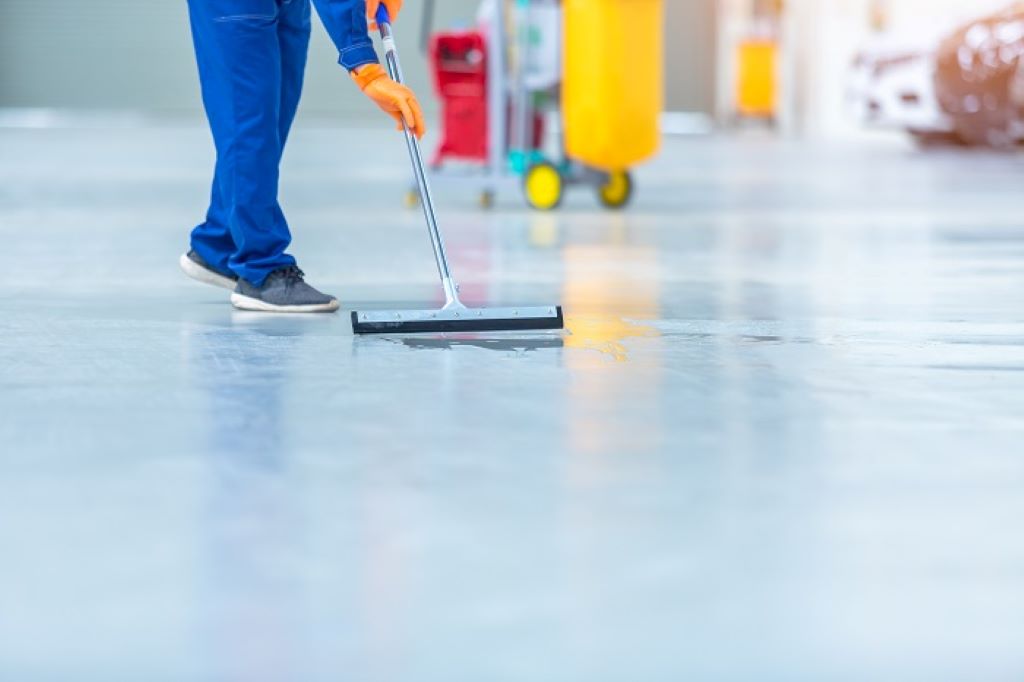Sewer gas is an unpleasant and often concerning issue for homeowners and businesses alike. But identifying and addressing it requires a solid understanding of its odor, sources, and risks. So, what does sewer gas smell like? Generally, it has a foul, sulfur-like stench that’s impossible to ignore. This article dives deep into its characteristics, causes, and remedies, shedding light on an issue many overlook until it becomes unbearable. If you’re curious about its effects or solutions, keep reading. Plus, don’t forget to explore Premierliteracy for additional resources on home maintenance.
Understanding Sewer Gas: What Is It?
Sewer gas is a mix of various gases formed during the decomposition of organic waste. It primarily contains methane, hydrogen sulfide, and ammonia. The combination of these gases gives sewer gas its distinctive rotten egg smell.
What Does Sewer Gas Smell Like? A Detailed Breakdown
Sewer gas odors are often described as:
- Rotten Eggs: The sulfur content, particularly hydrogen sulfide, gives it a strong, offensive odor.
- Musty or Moldy: Decaying organic matter can sometimes add an earthy scent.
- Ammonia-Like: High ammonia levels lend a sharp, pungent undertone.
The intensity of the smell can vary depending on the concentration of gases, the source of the leak, and the ventilation in the area.
Common Sources of Sewer Gas in Homes and Buildings
To pinpoint the origin of sewer gas odors, it’s essential to examine common problem areas:
- Dry P-Traps
A P-trap is designed to hold water, preventing sewer gases from entering your home. However, when these traps dry out, the gases can escape.
- Damaged Vent Pipes
A cracked or disconnected vent pipe allows gases to seep into your living space.
- Faulty Seals Around Toilets
Worn-out wax seals can break the barrier between the sewer system and your bathroom.
- Poorly Installed Plumbing Fittings
Plumbing components like a tee wye vs sanitary tee can impact how gases are directed and contained. Poor choices in installation can lead to leaks.
How Dangerous Is Sewer Gas?
The presence of sewer gas isn’t just a nuisance; it poses health risks, including:
- Respiratory Issues: Prolonged exposure to hydrogen sulfide can irritate the respiratory tract.
- Fatigue and Nausea: High concentrations of methane and ammonia can cause headaches, dizziness, or nausea.
- Fire Hazard: Methane is highly flammable and can ignite under certain conditions.
Understanding the risks highlights the importance of addressing sewer gas leaks promptly.
Related: Will Vinegar Remove Rust from Toilet Bowl? Proven Methods & Practical Tips
Identifying Sewer Gas Odors: When to Act
Recognizing sewer gas isn’t always straightforward. Here are signs you should investigate further:
- Persistent foul smells near drains or bathrooms.
- Gurgling sounds from pipes.
- Slow drainage in sinks or bathtubs.
- Visible cracks or wear in plumbing components.
DIY Solutions for Eliminating Sewer Gas Odors

Before calling a professional, there are several steps you can take to combat sewer gas smells:
- Fill Dry P-Traps
Pour water into unused drains to restore the water seal. Adding a tablespoon of cooking oil can slow evaporation.
- Inspect Toilets and Seals
Tighten loose bolts and replace damaged wax rings around toilets to improve seals.
- Ventilation Matters
Ensure proper airflow in areas prone to moisture to reduce gas buildup.
- Regular Maintenance
Routine cleaning of drains with vinegar and baking soda can prevent clogs and odor formation.
When to Call a Professional Plumber
Certain situations require the expertise of a plumber:
- Persistent odors despite DIY efforts.
- Evidence of structural plumbing damage.
- High levels of methane are detected with gas sensors.
Plumbers can assess the situation thoroughly and repair any underlying issues.
Conclusion: Solving Sewer Gas Issues
Sewer gas is a pervasive problem, but with the right knowledge and tools, it’s manageable. Understanding what does sewer gas smell like is the first step toward addressing its causes and risks. Whether through DIY maintenance or professional assistance, tackling the issue promptly can protect your health and home.




